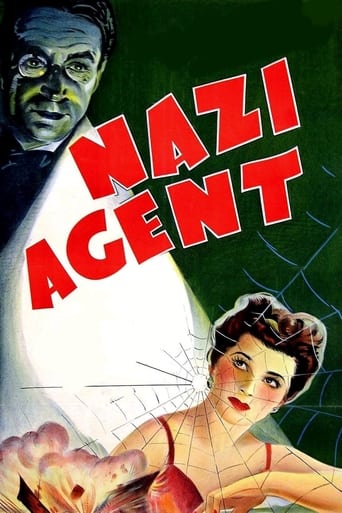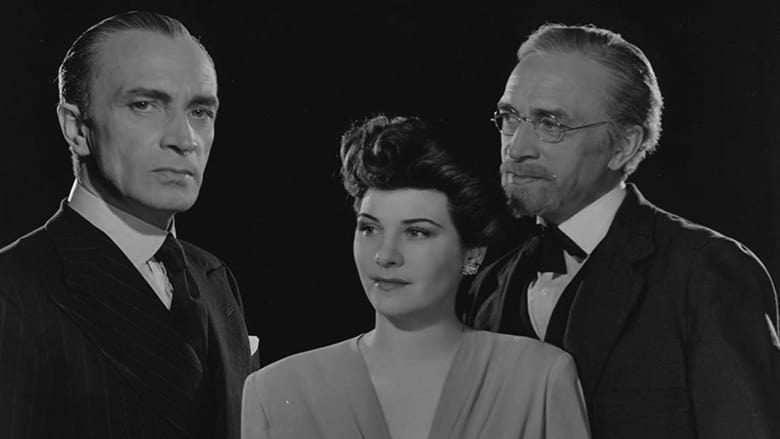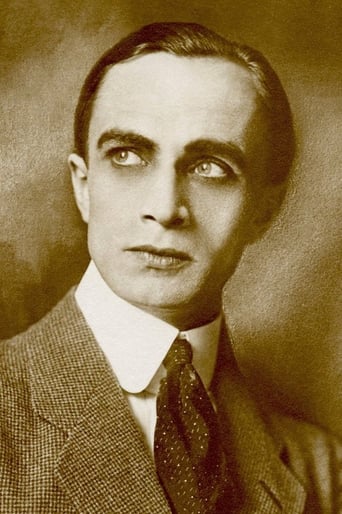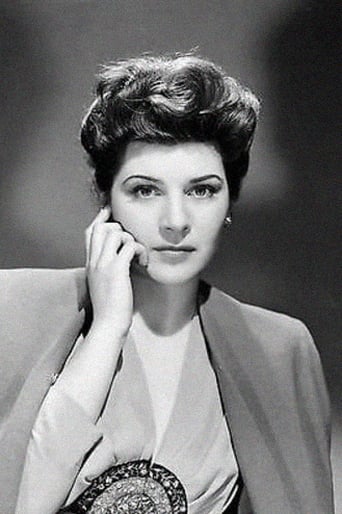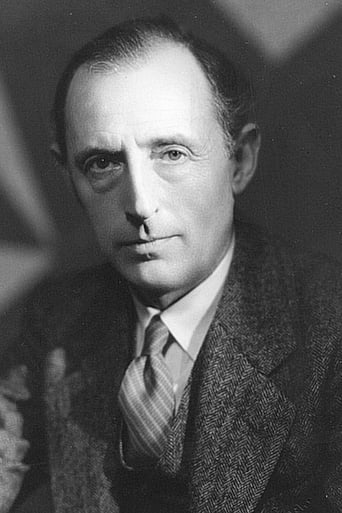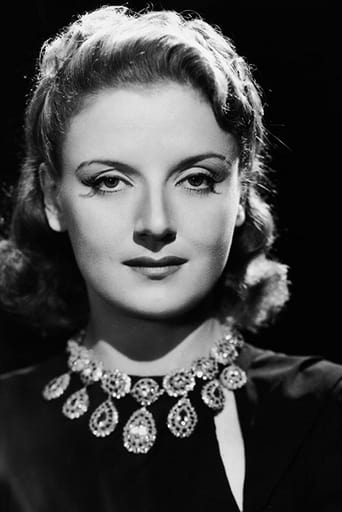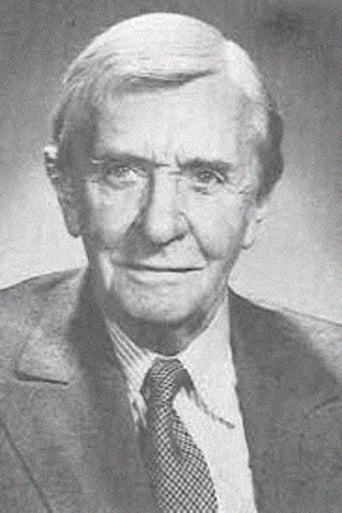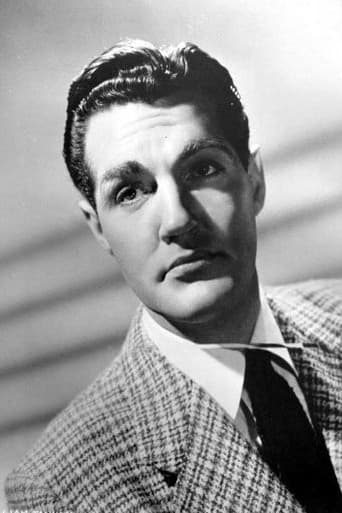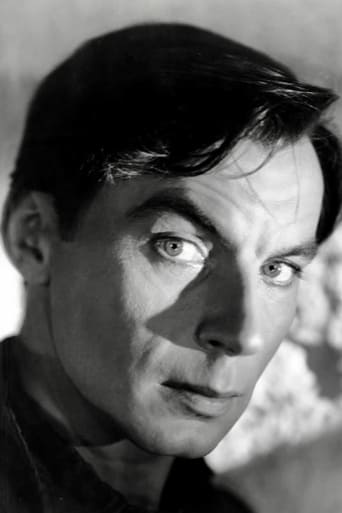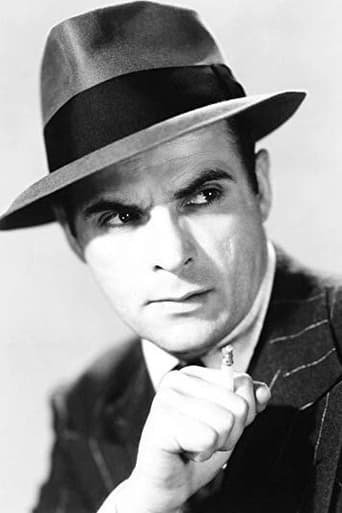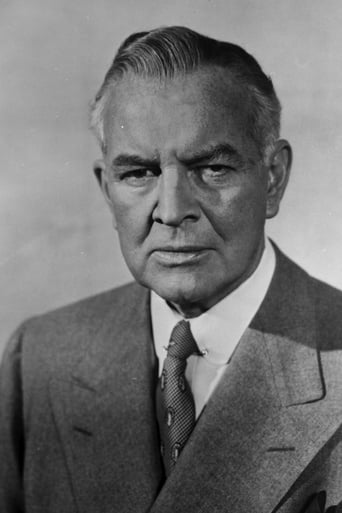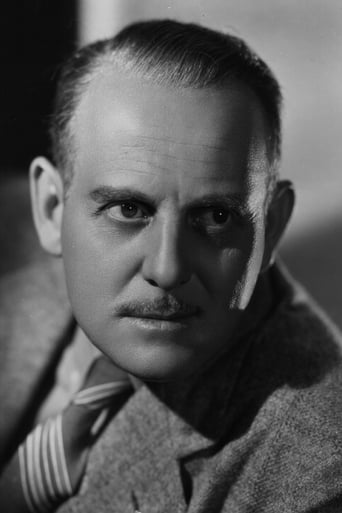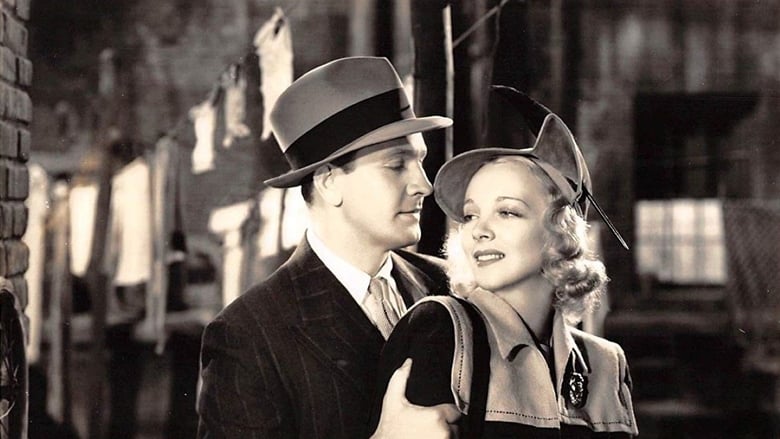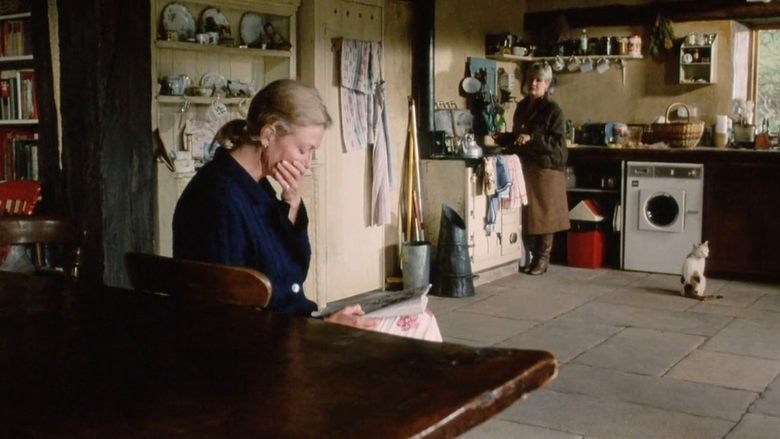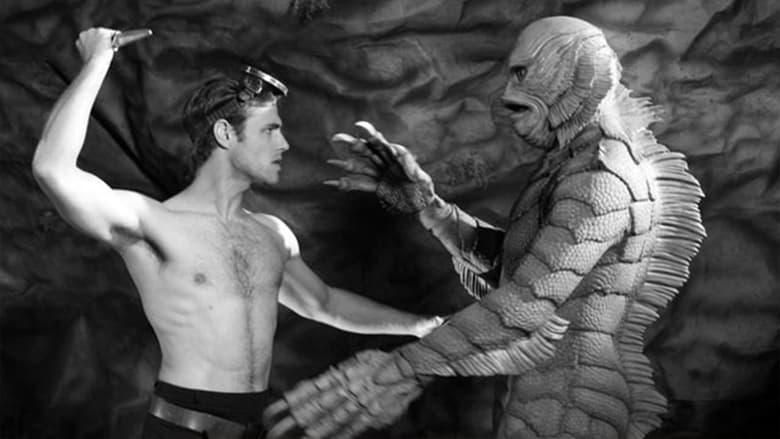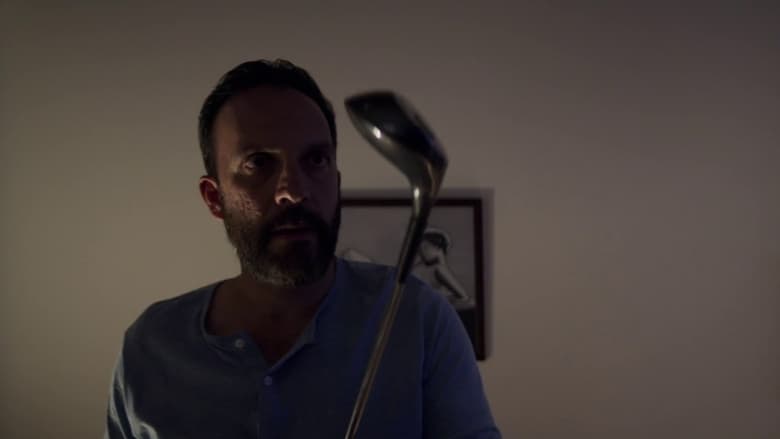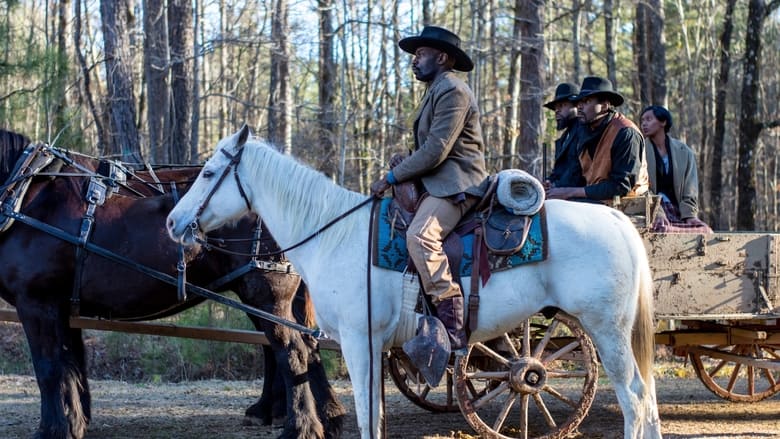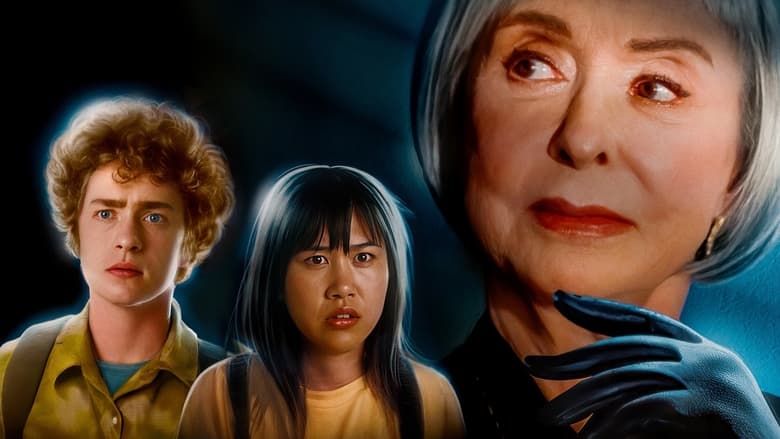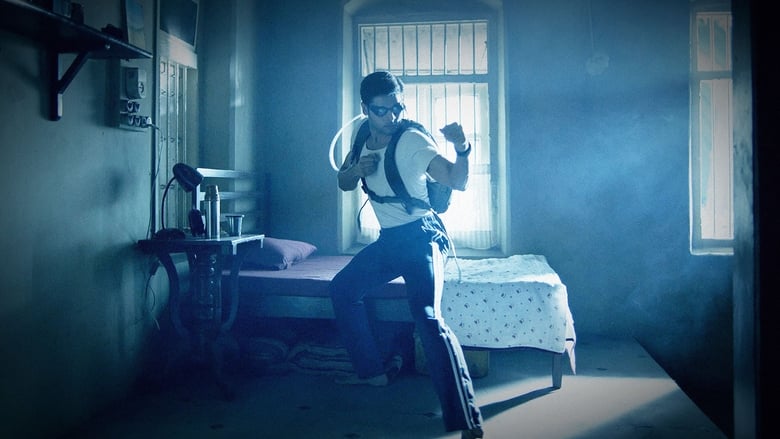Humble stamp dealer Otto Becker has little to do with international politics, so when he receives a surprise visit from his estranged twin brother and Nazi spy, Baron Hugo von Detner, his world is thrown into turmoil. Threatening Becker with deportation, Hugo forces him to use his shop as a front for espionage.


Similar titles


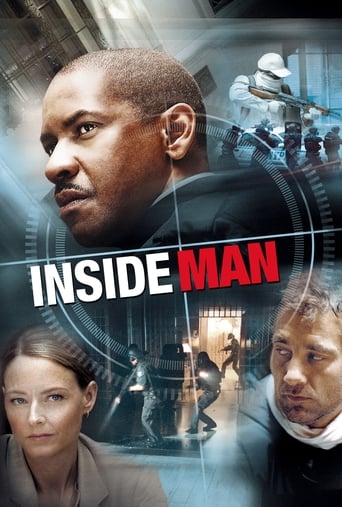
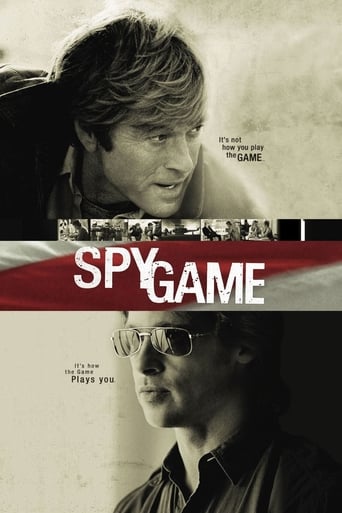
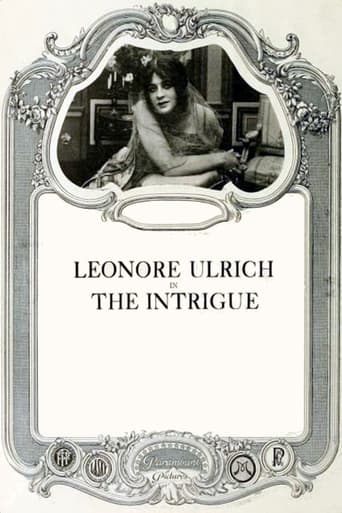
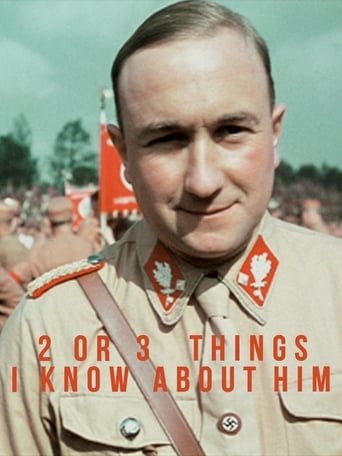



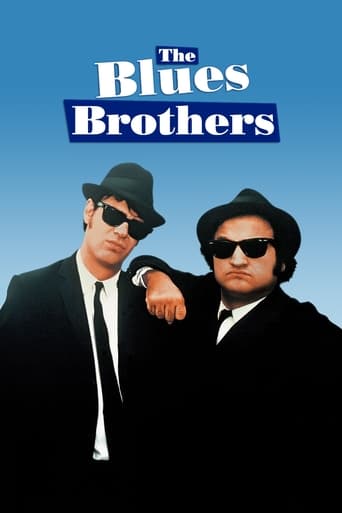
Reviews
Conrad Veidt delivers a solid performance as twins--one who is a Nazi in America, and the other who became an American citizen. In this tale of espionage and betrayal, Veidt is convincing as both the evil, scheming brother (Baron Hugo) the passive stamp dealer (Otto).When Otto impersonates his brother, his every move can mean death for his friends or for countless others .This mid-war drama plays on the fears of the time. Released only three months after the terrible attack on Pearl Harbor and the U.S. entry into WWII, when American imaginations could see conspiracies and hidden plots around every corner, "Nazi Agent" is, ultimately, a heroic story of self-sacrifice.The final act is unrealistic and overblown, but its feel-good twist no doubt gave American viewers the morale boost they were seeking.
Summary: Patriotic But not Soapy *** This review may contain spoilers ***This is the story of twins who may have looked identical and grown up in the same household in pre-WWII Germany, but who are worlds apart, well, in just about everything. One immigrated to America while the other remained in Germany to serve the Nazis. While Otto was kind and caring, loving his adopted country, Hugo was more than eager to carry out Nazi plans to sabotage American interests. It must have been amazingly difficult to produce a movie which shows true patriotism without making the moviegoer roll his eyes. Somehow, most of us seem to have been programmed against such films. But this film was patriotic without being soapy. SPOILER ALERT: The last scene tore at my heart. Okay, the music in the scene was a little too much, but if you'll mute your TV and watch the look on Veidt's face when on the way to his death he sees the Statue of Liberty, well, it made me remember that America really is worth fighting for. I needed to see that movie. Perhaps you need to as well. And how ironic. Conrad Veidt had few opportunities to play anything other than an evil Nazi (this film being one of them). And yet all the while, most of his paychecks were spent to support the allies against the forces of his own native land, Germany! As I read a little about Veidt after watching the movie, I wondered if perhaps this film was the only real opportunity the man ever had as an actor to display his incredibly strong love of freedom.
(Some Spoilers) Checking the production dates for the movie "Nazi Agent" I noticed that it was finished filming on December 16, 1941 just five days after Germany's Fuhrer Adolph Hitler declared war on the US. That was in accordance with Hitler's Germany military alliance with Japan that bombed Pearl Harbor just four days earlier. This would make the movie "Nazi Agent" the first WWII film produced by a Hollywood studio that was released when the US was actually at war with the Nazi Regime! Unlike the many other anti-Nazi Hollywood made films, like "Confession of a Nazi Spy", that were released before the US was even at war with Germany. Thus making them subject, by anti-war and US isolationists groups, to accusations of being nothing more them warmongering propaganda in an effort, by Hollywood, to get the natural US into the war in Europe on the side of Great Britain and later the USSR.The film has kindly bookstore owner and stamp collector Otto Becker, Conrad Veidt, try to start a new life in the US after he was forced to flee his homeland-Germany-after the Nazi's took over. Living the American dream Otto's life is turned upside down when his brother Hugo, also played by Veidt, who's a die in the wool Nazi pops into his house. Hugo a German diplomat is working undercover to damage US shipping in the Atlantic in an effort to get Great Britain, who at the time is getting military aid from the natural US, to give up its fight against the Nazis.Playing alone with Hugo's demands who's blackmailing his brother, in having him possibly deported back to Germany if he doesn't go along with him, Otto tries to tip off the FBI in what Hugo and his fellow Nazi's in America are up to. This sham on Otto's part falls apart when Hugo confronts him in his home and pulls a gun on him in order to get him back into line. Hugo who's killed in the struggle with Otto has his brother, his identical twin, take over Hugo's identity and infiltrate the Nazi spy & sabotage ring that he was in charge of. Working on the inside Otto uses his disguise as Hugo to stymie the Nazi's in their attempt, through short-wave radio contact, to have their fleet of U-Boats in the Atlantic sink US shipping. Otto does this by secretly tipping off the authorities to what exactly the spy & sabotage ring are planning to do.Not acting like the mindless and comical buffoons as their almost always depicted in most movies made about them at the time the Nazi's that includes Otto's assistant in the German consulate Kurt Richten, Martin Koslek,realize that there's a spy in their mist and start to zero in on Otto. Caught with his hands in he cookie jar Otto tries to save himself in implicating, for what he actually did, US hoodlum-who's working for the Nazis-Joe Aiello (Marc Lawrence) in the stopping of the US supply ship SS Farrington from parking itself in the locks of the Panama Canal. The Nazis planned to use the explosive laden SS Farrington, with an explosive timer hidden in it, to blow the canal sky high! Thus cutting off the US Pacific and Atlantic fleets from each other in the event of the US entering into the war.****SPOILERS*** With his cover blown Otto could have just taken off to the Federal Authorities for protection but instead agreed to go back to Nazi Germany, and certain death, to save his lover-who works for the German consulate in New York- French fashion designer Karren De Relle, Anne Ayars. You see Karren wasn't really a Nazi but was forced, with her family back in Nazi occupied France, to go along with them in order to save both her and her families lives or, even worse, from being sent to a Nazi concentration camp.It was this quite an courageous act on Otto's part, willingly giving up his life to save the one that he loves, that sets him apart from the the usual blood and guts heroes that Hollywood depicted in it's movies in fighting WWII, at home as well as abroad, all over the globe. This act of unselfish courage made Otto the most unique and believable, as well as tragic, of all war or peace time movie heroes coming out of Hollywood.
Conrad Veidt's career in European (and American) film from 1919 - 1939 was one as a notable star. He had played Cesar the Sonabulist in THE CABINET OF DR. CALIGARI in 1919, and been a star ever since. In the silent film period it was easy for him to have an international audience as Gwynplaine in THE MAN WHO LAUGHS and as King Louis XI of France in BELOVED ROGUE (with John Barrymore). But he was anti - Nazi and Veidt left Germany in 1933 and settled in England, where he remained a star. His last film in England of greatness was as the evil vizier Jafar in THE THIEF OF BAGHDAD. Then he went to Hollywood.Most Americans recall him for his American films, although he did not make many in his last three years (1940 - 1943). These included a comic villain in WHISTLING IN THE DARK, a selfish Swedish scoundrel in A WOMAN'S FACE, and Nazis in CASABLANCA (his best recalled performance - as Major Strasser), ESCAPE, and ALL THROUGH THE NIGHT. Twice he portrayed anti-Nazi Germans: ABOVE SUSPICION (where he is aiding Joan Crawford and Fred MacMurray, and the villain is Basil Rathbone!), and this film - probably the most interesting of the movies he made in Hollywood. The plot is simple. Veidt plays twin brothers, one of whom has been living in the U.S. since World War I, having gotten sick of the militarism and racial crap at home. The younger brother remained behind as a dedicated careerist Nazi. The younger brother has been sent to the U.S. as a "diplomat" but in reality to head a sabotage ring. He uses some of his agents to locate the older brother, and blackmail him into acquiescing into working for the Vaterland again. The older brother is forced by circumstances (relatives in Germany may be executed or tortured if he refuses). But when he learns of the various sabotage acts planned, and when the ring members kill one of his closest friends, the older brother fights back. He confronts and kills the younger brother, and pretends he is the younger brother. Then he proceeds to destroy the sabotage ring.Veidt's Nazis were quite convincing, as he obviously based them on the people he met in Berlin in the 1920s and 1930s. Major Strasser, for example, is very businesslike - see how he confronts Rick with his file at the start of CASABLANCA and shows little concern when Rick starts reading it - and usually intelligent. He is also ready to turn into a subtly deadly threat, as when he tells Elsa about the cheapness of life in Casablanca. So the young careerist is quite true to form.But the older brother is fascinating. The issue of the "good German" was difficult to get across after 1941, as most Americans saw Hitler's Germany as a real, viable threat. It was rare, in the movies of those years, to think of making a film about Germans who were decent (it was actually easier to show Italians who were decent - see Forunio Bonanova's Italian general in FIVE GRAVES TO CAIRO). If a German was good or sympathetic, he or she might have been Jewish. But Veidt's two brothers are upper crust junkers. They are part of the establishment. The older brother was in the army (unlike the younger one), so he knew what was expected of the German nobility. But he got to dislike the arrogance of the class towards all others. So he fled his native land to escape what he hated.Veidt's not the only good German in the film. For every younger brother, and Martin Kosleck, and Deborah Tree, there is a Frank Reicher and Anna Ayars who supports the decency wiped away by the Nazi regime. Veidt's older brother fall for Ayars, and in one sweet moment one sees what the Nazis have destroyed. They are seated in a car alone, and have put on the radio. The moon is out, and it is a moment for love-making. But the radio plays a piece by Felix Mendelsohn (who was Jewish, and whose music was forbidden by the Nazi regime in Germany). Ayars, sadly, says "Verboten.", and starts turning it off. Veidt gently stops her and says, "Just this once." They cuddle listening to the music.Veidt also demonstrates a trait which (oddly enough) he can share with the Nazi Kosleck. The older brother's hiding spot in America was discovered by Marc Lawrence, who has sold his services to the Nazis. But later (after the older brother has begun impersonating the dead younger one), Lawrence returns to squeeze more money out of his German employers. Kosleck tells this to Veidt (and it is obvious that Kosleck is disgusted by this greedy American). Veidt says he'll speak to Lawrence. He does open the safe and give Lawrence the money without a word. Then after Lawrence puts the money in his pocket, Veidt grabs him around the neck and with a fierce look in his eye tells him never to ask for another extra cent beyond his salary again if he knows what is good for him. Lawrence is thoroughly frightened of his "employer" after that - and the viewer actually sides with Veidt at that moment even if he had been the younger brother instead of the older one.NAZI AGENT was a programmer, but it shows what would have been Veidt's ability to play a hero in American films. If he had survived World War II he probably would have been a star along the lines of his French contemporary Charles Boyer, playing good characters as well as bad ones. He did not have the fortune to survive, but we know what he might have been like.
